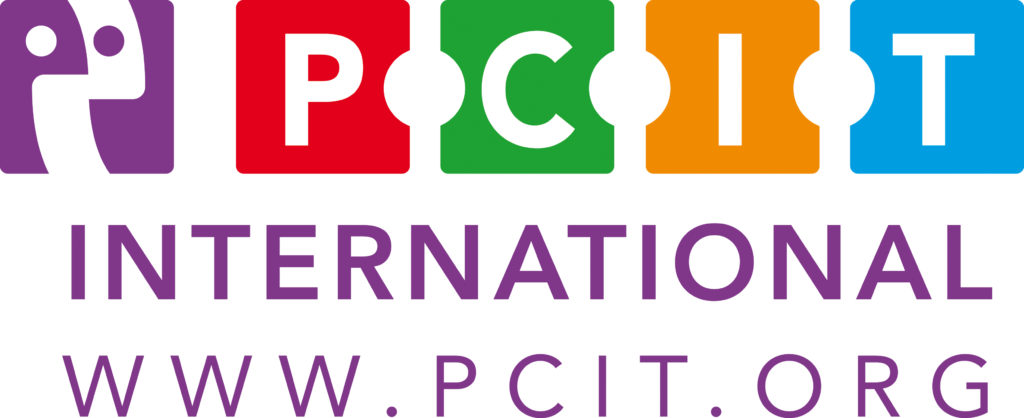The Power of Understanding: How Testing Your Child’s Learning Needs Supports Their Mental Health
As parents, we all want our children to thrive; not just academically, but emotionally and socially as well. Yet, when a child struggles with learning, it can often lead to frustration, anxiety, and low self-esteem. Perhaps you have had a similar experience and know the emotional hardships that often come along with learning difficulties. Many children internalize their struggles, believing they are “not smart enough” or “bad at school,” which can have a profound impact on their mental health and overall well-being.
This is where comprehensive psychoeducational evaluations and understanding a child’s unique learning needs play a crucial role. Identifying learning challenges early can empower both children and parents with clarity, strategies, and support, ultimately improving not just academic success but emotional resilience and self-confidence.
The Link Between Learning & Mental Health
Children who face learning difficulties—whether related to reading, writing, math, attention, or processing speed—often experience:
🔹 Increased Anxiety – Constantly struggling in school can lead to worry and fear of failure.
🔹 Low Self-Esteem – When a child feels like they aren’t keeping up with peers, they may develop negative self-perceptions.
🔹 Behavioral Challenges – Frustration with schoolwork can lead to acting out, avoiding tasks, or emotional outbursts.
🔹 Social Struggles – Difficulty with academic skills can impact friendships and social confidence.
When these challenges go unnoticed or unaddressed, children may begin to avoid school, resist learning, or develop long-term emotional distress. But with the right support, they can reframe their struggles, gain confidence, and build resilience.
How Testing Provides Clarity and Support
A comprehensive psychoeducational evaluation explores child’s strengths and challenges in areas such as cognitive abilities, processing skills, academic achievement, and emotional functioning. This information provides parents, teachers, and therapists with valuable insights into how a child learns best.
Here’s how testing can help:
1️⃣ Identifying Strengths & Areas for Growth
Many children with learning challenges have hidden strengths that traditional schoolwork may not highlight. An assessment provides a full picture of a child’s abilities, allowing educators and parents to leverage strengths to support areas of difficulty.
2️⃣ Reducing Anxiety & Boosting Confidence
Once a child understands that their struggles aren’t a reflection of intelligence but rather how their brain processes information, they often feel a sense of relief. A diagnosis or learning plan doesn’t define them—it empowers them.
3️⃣ Developing Personalized Support Strategies
Knowing a child’s learning profile allows parents and teachers to:
✅ Provide targeted interventions (e.g., tutoring, specialized instruction, accommodations).
✅ Introduce executive functioning supports (e.g., time management tools, structured learning).
✅ Create alternative learning approaches that match a child’s unique style.
4️⃣ Improving Emotional & Behavioral Well-Being
When children receive support tailored to their needs, they experience:
✔ Less frustration with schoolwork.
✔ Fewer emotional outbursts due to academic stress.
✔ Improved motivation to engage in learning.
✔ Stronger relationships with teachers, parents, and peers.
5️⃣ Advocating for Accommodations & Support Services
A psychoeducational assessment can serve as the foundation for:
🎓 Individualized Education Plans (IEPs) or 504 Plans that provide necessary classroom accommodations.
📚 Access to specialized reading or math interventions that make learning more accessible.
💡 Teacher awareness of a child’s learning style, reducing misunderstandings and frustration in the classroom.
Understanding. Acceptance. Intervention.
Testing isn’t about labeling a child—it’s about understanding them. When we uncover how a child’s brain works, we open doors to learning, confidence, and emotional growth. By identifying challenges early, we can provide the right tools, strategies, and mindset shifts that allow children to see their potential, feel supported, and thrive—both academically and emotionally.
If you suspect your child may be struggling in school, consider seeking a psychoeducational evaluation. The insights gained could be the key to unlocking their confidence, reducing stress, and helping them find joy in learning again. www.mystarpsychology.com




